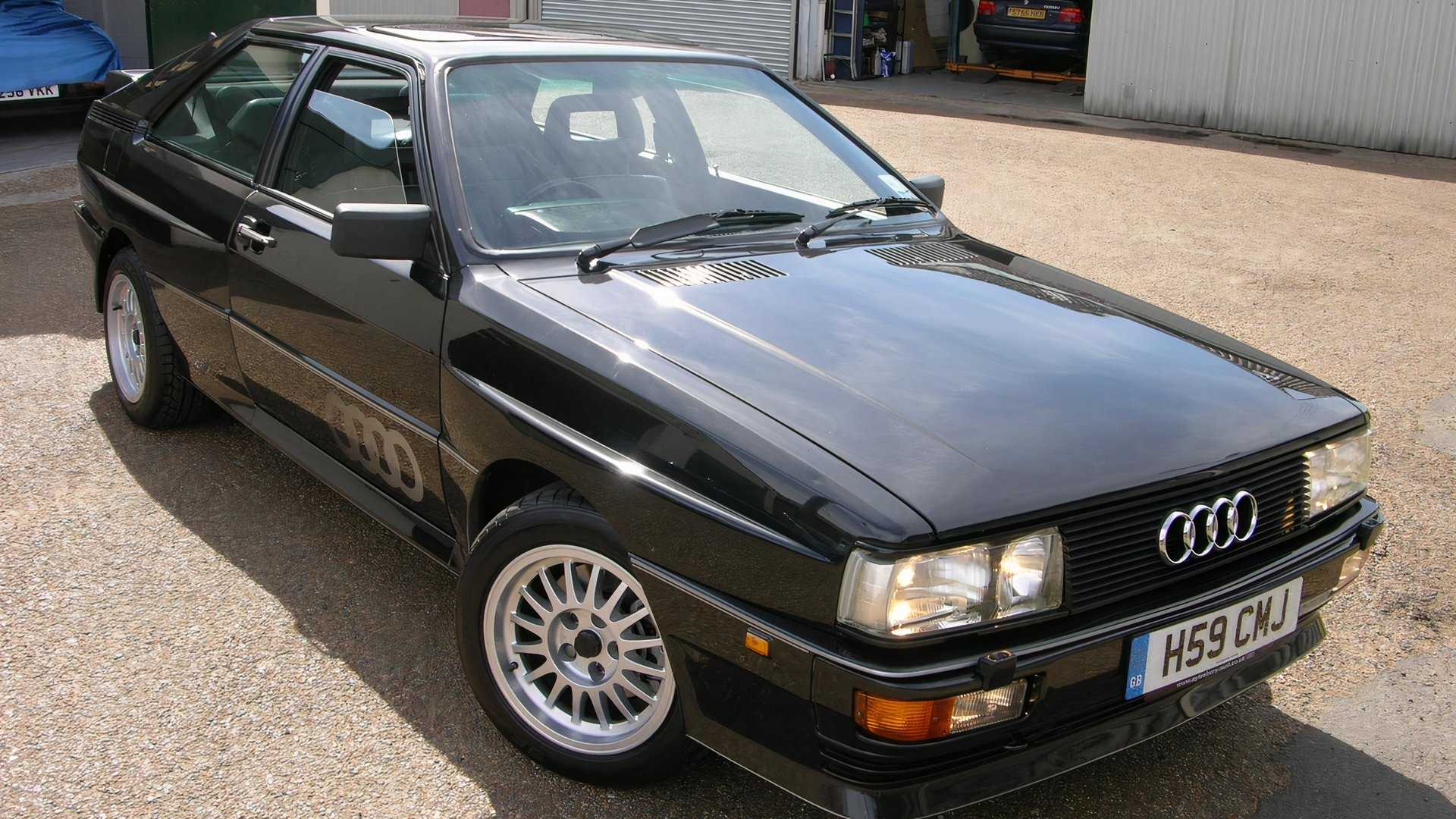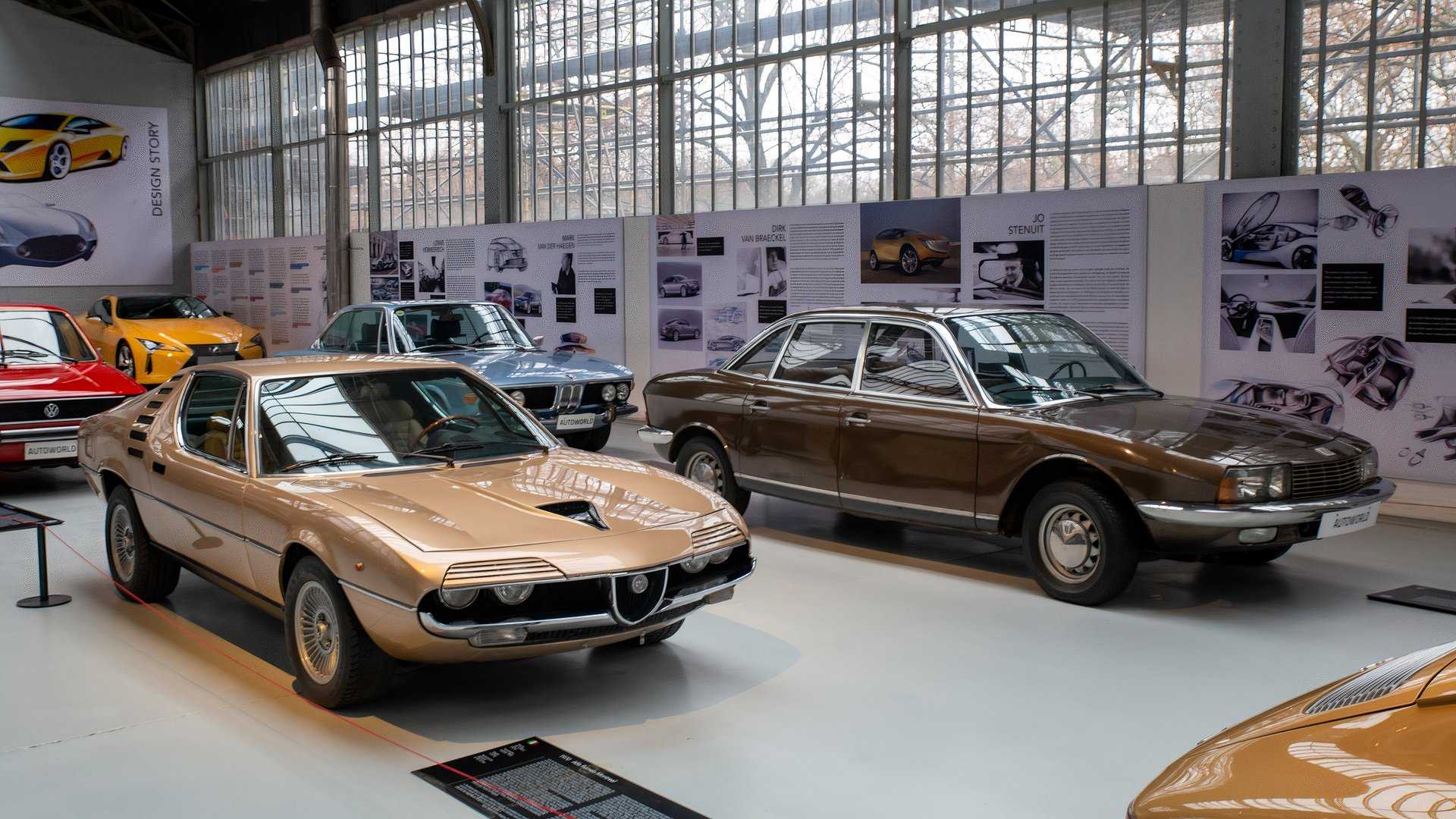Maybe President Trump is considering adding a 1988 Mercedes 190E or perhaps even a 1990 Porsche 911 964 to his collection. collection of classic rides Why, you wonder? Because he has determined that vehicles 25 years or older should be exempt from facing his fury. 25-percent tariff That's correct. As the rest of the automotive industry clenches its teeth and writes checks for gleaming new cars, classic cars have managed to slip through the gaps. It appears that every vintage automobile eventually gets its moment in the spotlight.
Vintage Automobiles Steer Clear of Trump's Tariff Turmoil

Let's take a step back. The entire tariff drama started when Trump declared April 2 as his "Liberation Day," signaling the beginning of this episode. A 25 percent tariff on all imported cars The shift causes car purchasers, retailers, and aficionados to confront a nightmarish scenario with soaring costs and possible disruptions in the supply chain. As expected, automobile enthusiasts became extremely worried about whether their cherished vintage or imported cars might be affected by these new tariffs.
Yet, similar to an abrupt turn in a poor television drama, it was revealed that vintage automobiles would not face the entire impact of the tariff. As detailed in the smallprint of the formal announcement, vehicles over 25 years old were excluded from the additional 25 percent levy. Antique autos—those crafted prior to 1995—can continue to enter the country free of this extra charge, much to the delight of numerous aficionados who heaved a collective sigh of relief.
Classic Dodges Face Tariffs as If It Were 1995, Yet It Isn’t Without Costs

However, we shouldn't go overboard. This isn't an anything-goes situation. Although the 25-percent tariff won't apply to classic cars, they'll still be subject to a 2.5-percent import duty when they arrive. Therefore, hold off on designing your ideal collection until you factor in these costs since you’ll still have to contribute something for the chance to drive a historic vehicle. That said, considering how steeply new car prices have risen, this smaller fee tends to look favorable by comparison.
Why did this exception for classic cars manage to fly beneath everyone’s notice? Initially, numerous people within the sector anticipated facing similar tariffs as those imposed on newly manufactured vehicles. Dmitriy Shibarshin of West Coast Shipping was one such skeptic. Upon first believing things would turn out badly, he and his team decided to investigate further only to discover that classic automobiles had actually been exempted from these duties.
Nevertheless, there's still a complication. Just like every governmental operation, this isn't straightforward at all. The economy continues to be just as volatile as before, causing those involved in the classic car sector to wonder about future developments. Paul Misencik from Autology Motors, whose business involves restoring these vintage vehicles, stated: “Our main issue, along with our clients’, is dealing with uncertainty.” This worry holds weight, particularly considering one can't predict whether tomorrow may introduce fresh tariffs or alter regulations completely.
If you were undecided about buying either a vintage 1990 Porsche 911 Turbo or a brand-new 2025 Carrera 4, your choice has become simpler now.
